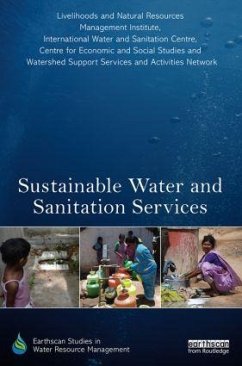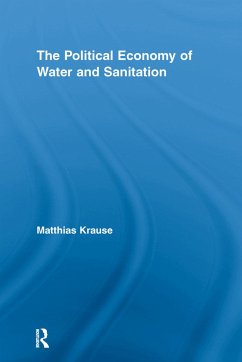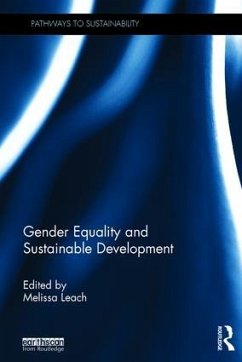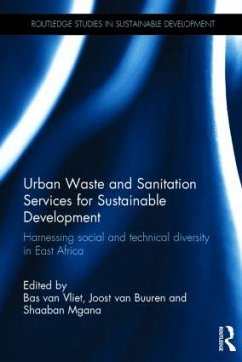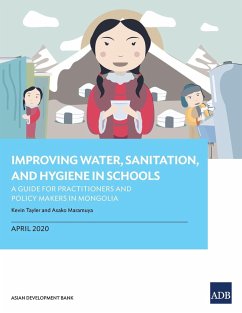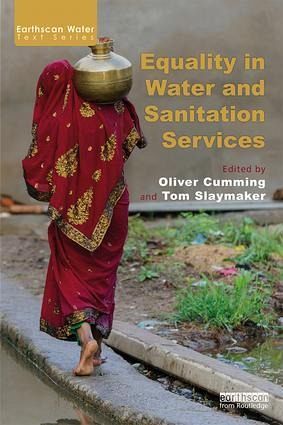
Equality in Water and Sanitation Services
Versandkostenfrei!
Versandfertig in 1-2 Wochen
59,99 €
inkl. MwSt.

PAYBACK Punkte
30 °P sammeln!
There is growing acceptance that the progress delivered under the Millennium Development Goal target for drinking water and sanitation has been inequitable. As a result, the progressive reduction of inequalities is now an explicit focus of the Sustainable Development Goal (SDG) targets, adopted in 2015, for universal access to drinking water, sanitation and hygiene (WASH). This shift in focus has implications for the way in which the next generation of WASH policies and programmes will be conceived, designed, financed and monitored. This book provides an authoritative textbook for students, as...
There is growing acceptance that the progress delivered under the Millennium Development Goal target for drinking water and sanitation has been inequitable. As a result, the progressive reduction of inequalities is now an explicit focus of the Sustainable Development Goal (SDG) targets, adopted in 2015, for universal access to drinking water, sanitation and hygiene (WASH). This shift in focus has implications for the way in which the next generation of WASH policies and programmes will be conceived, designed, financed and monitored. This book provides an authoritative textbook for students, as well as a point of reference for policy-makers and practitioners interested in reducing inequalities in access to WASH services. Four key areas are addressed: background to the human right to water and development goals; dimensions of inequality; case studies in delivering water and sanitation equitably; and monitoring progress in reducing inequality.






